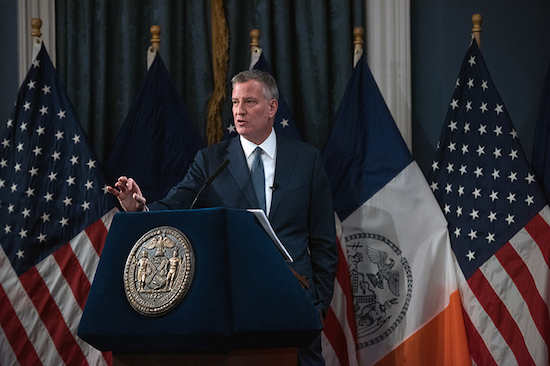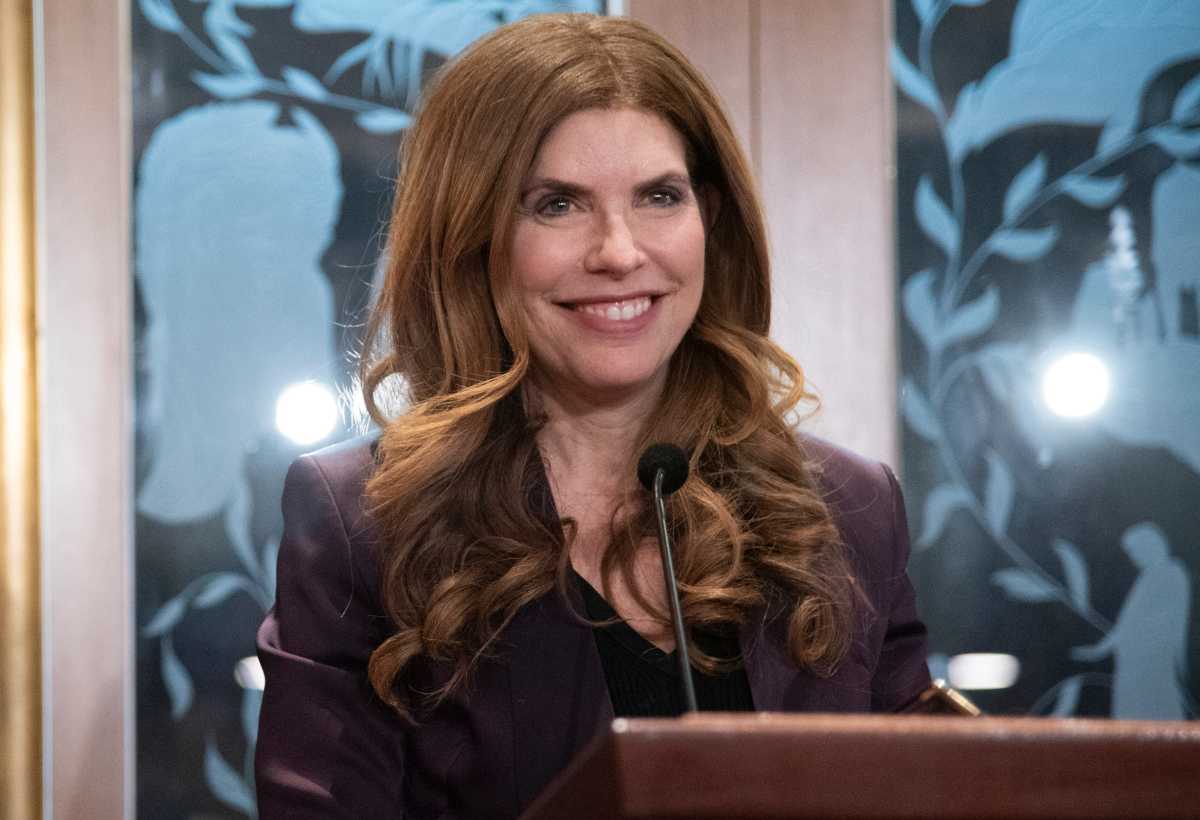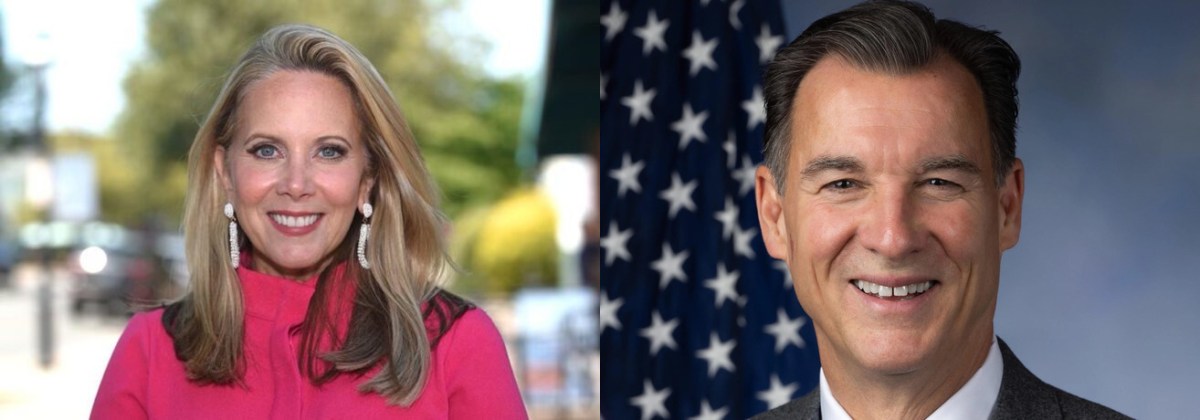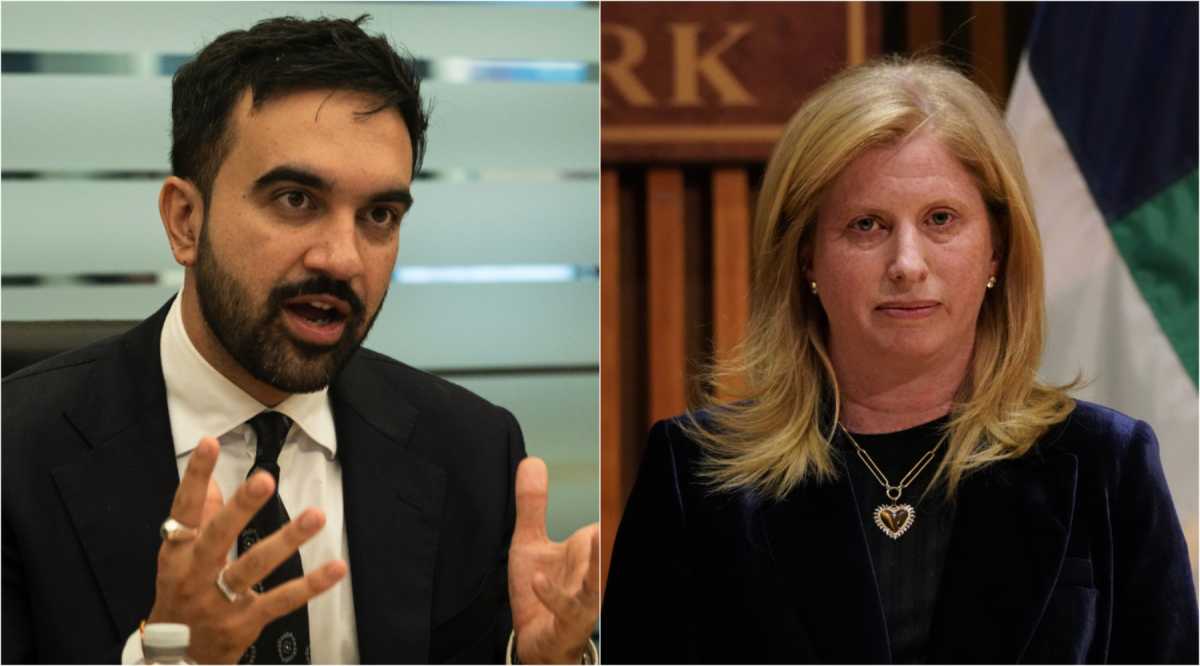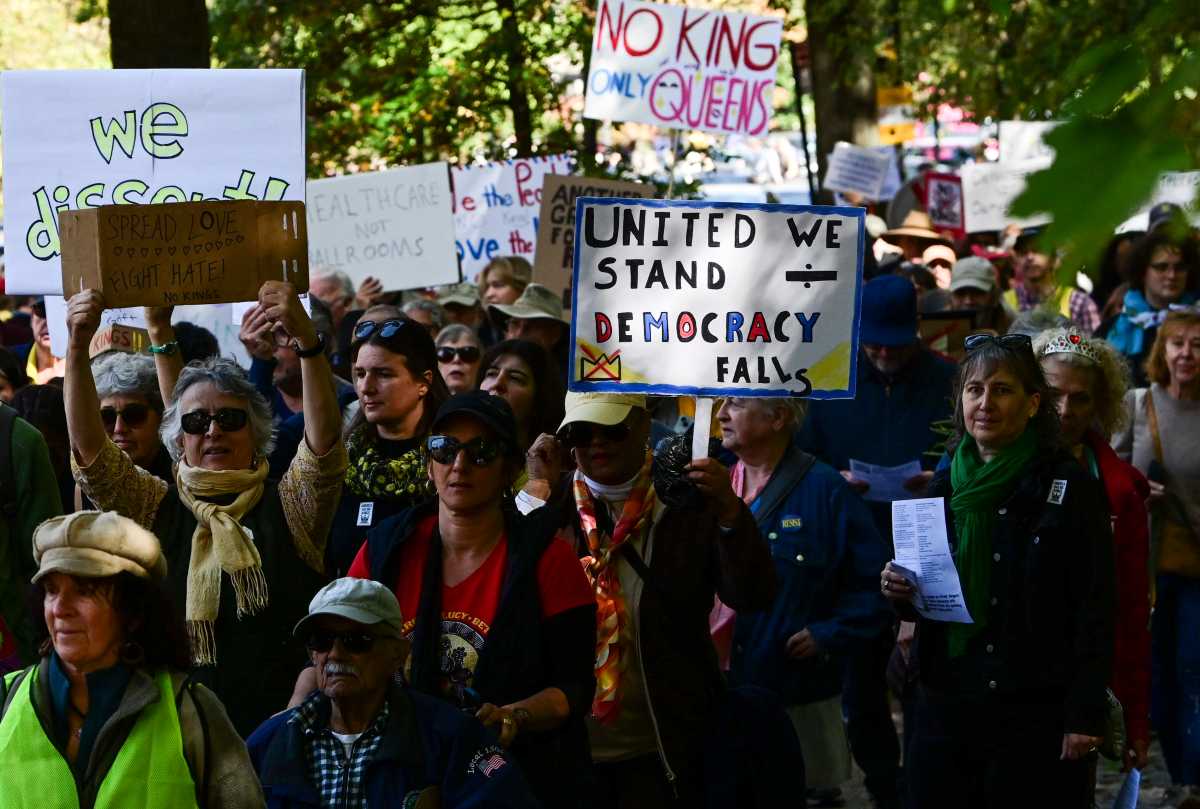
Brooklyn lawmakers generally reacted with praise while advocates for charter schools and reduced subway fares were more critical of Mayor Bill de Blasio‘s $84.67 billion Fiscal Year 2018 (FY18) Preliminary budget he released yesterday.
The spending plan is about a 3% increase over last year’s $82.1 billion city spending plan. Among the items included in this year’s plan are:
- Hiring 200 part-time school crossing guards and 100 full-time school crossing guard supervisors to ensure 100 percent coverage at all school crossing posts citywide through $5.4 million in FY17 and $6.3 million in FY18.
- Keeping officers safe through the installation of bullet-proof window inserts – $5.2 million in FY17 and $5.2 million in FY18.
- Ensuring thousands of NYCHA residents have fully functioning roofs due to a $1 billion capital commitment to repair 729 roofs over the next ten years.
- Build upon great progress made through Vision Zero by allocating an additional $317 million in capital funds for FY18-FY23 to fund new investments to reduce pedestrian fatalities, including pedestrian and traffic safety street reconstruction projects, signal improvements and street lighting at intersections.
- Funding for 22,800 School’s Out NYC (SONYC) slots for summer 2017, which costs $14.9 million in FY18.
- Adding an additional 5,000 slots in the Summer Youth Employment Program (SYEP) to baseline the program at 65,000, funded by $9.3 million in FY18, $10.6 million in FY18 and $11.9 million in FY20 and out.
- $6.2 million in FY18 and out to establish new beacon programs in underserved communities and create cultural competency for training providers.
- Increasing K-12 capacity by adding $495 million in capital expenses in FY20-FY24 to keep theMayor’s commitment to increase capacity for 38,487 new school seats at a total of $4.6 billion.
- Providing a wage increase to nearly 90,000 employees of contracted human service employees by 2020.

City Council Members Brad Lander (D-Park Slope, Windsor Terrace, Kensington) and Vanessa L. Gibson (D-Queens) both hailed the $6.3 million increased allocation for School Crossing Guards, which they said will pay for hiring 100 new School Crossing Guard Supervisors, a newly established NYPD position.
“In addition, these funds will hire 200 new School Grossing Guards to cover the City’s existing vacant posts. The NYPD plans to hire these new School Crossing Guards by June 2017 to be deployed by the fall, which will mark the first time that all of NYC’s vacant School Crossing Guard Posts will be covered,” said the lawmakers.
“These increased funds will help ensure the City achieves its Vision Zero goals to eliminate preventable deaths from traffic crashes and to keep NYC’s kids safe. The NYPD’s newly established Supervisor position will provide School Crossing Guards with a pathway for advancement and increased wages in their field. These Supervisors will also support the NYPD’s efforts to improve how it deploys School Crossing Guards and covers vacant posts – a challenge that NYPD police precincts face on a daily basis,” they added.


Republican lawmakers State Sen. Marty Golden (Bay Ridge, Dyker Heights, Bensonhurst, Marine Park, Gerritsen Beach, Gravesend) and Assemblywoman Nicole Malliotakis (Bay Ridge, Staten Island) are applauding the de Blasio Administration’s decision to allocate funds to install bulletproof windows on all NYPD patrol vehicles.
In recent years, the City lost three NYPD officers – Det. Wenjian Liu, Det. Rafael Ramos, and Det. Brian Moore – via shots fired through their vehicle windows.
“On behalf of all the men and women of the NYPD and their families, I join with my colleague Assemblywoman Nicole Malliotakis in thanking Mayor de Blasio for committing to this important investment. We provide police offers with bullet proof vests to protect them when they are on the streets patrolling. Now, we are moving forward to guard our officers when they are in their patrol cars protecting our City,” said Golden, a retired NYC police officer.
“No one can doubt that this is money well spent. Our police officers put their lives on the line each and every day, and we need to do everything possible to keep them safe. We owe it to them, their families, and the memory of our fallen heroes,” said Malliotakis.

City Council Member Vincent Gentile (Bay Ridge, Dyker Heights, Bensonhurst) sounded almost like a public relations pro in applauded everything in the budget.
“All politics is local and Mayor de Blasio certainly gets it. From protecting our police officers, repaving our roads and repairing our bridges to keeping our children safe, Mayor de Blasio left no stone unturned in this budget. Bulletproof windows and doors will be installed in every NYPD patrol car and every officer will be equipped with enhanced bulletproof vests. An astounding 1,300 lane miles will be repaved in 2018 and an additional 1,300 lane miles will see the same smooth rehabilitation in 2019,” said Gentile.
“An emergency back-up water tunnel will provide and Brooklyn and Queens residents with an added safety measure for water supply. To make our bridges safer, $571 million will be invested in infrastructure repairs. Concerning education, 38,487 new seats will be funded to help alleviate school overcrowding, while $14.3 million will be invested to enhance curriculum and ensure that all NYC students are reading on grade level by the end of second grade. Citywide there will be 300 school crossing guard professionals so that every school crossing will be accounted for. The extremely successful Summer Youth Program will also continue to be amplified as enrollments have doubled since the beginning of the Mayor’s term.
“I look forward to this preliminary budget being enacted as soon as possible for the benefit of all New Yorkers from City Hall to Southwest Brooklyn,” he added.

City Council Member Rafael Espinal (Bushwick, East New York, Cypress Hills, Brownsville), while applauding the budget for its capital commitment to NYCHA and more public school seats, said there should have been funding added to address home ownership.
“The ability to buy a home has long been an effective tool for working and middle class families to achieve economic stability and build a foundation for their successive generations. Statistics have shown that the homeownership rate in New York City has reduced to well below 50%, which is the lowest it’s been in decades,” said Espinal.
“Although housing interest rates remain at historically low levels, market prices have gone through the roof, making homeownership literally impossible for working class and middle class New Yorkers. We must think proactively about how to help first time homebuyers purchase their own piece of their community.
“That is why I am calling on the city to use our budget to expand HPD’s HomeFirst Down Payment Assistance Loan Program by 100% and raise the cap of the loan from $15,000 to at least $30,000. As property values continue to spike, this program must reflect those increases to actually enable homeownership.
“It is no secret that NYC is experiencing a housing crisis. Let us not overlook an extremely effective tool in easing this crisis, while simultaneously creating a pathway for long-term economic stability for more NYC families,” he suggest.
StudentsFirstNY, a pro-charter school advocacy organization, noted that once again the de Blasio Preliminary Budget showed no commitment to alternatives for students in low-income neighborhoods attending failing schools.
“We’re not seeing anything new in Mayor de Blasio’s budget that will make a difference to children and families trapped in failing schools. His Renewal Schools program was an expensive flop and he has no new programs to improve teaching and learning, increase school choice, enhance college readiness or address the middle school crisis. If education were a priority for the Mayor, he’d do more than just pay lip service to the issues,” said StudentsFirstNY Executive Director Jenny Sedlis.
New York City public transit advocates that wanted de Blasio to include an allocation they are pushing called “fairer Fares,” in which the city would provide funding for half-price MetroCards for low-income New Yorkers, were also disappointed.
“While we can differ on what adjustments to fare types would hurt the poor the least, the real issue is that fares were already unaffordable to struggling New Yorkers and any increase makes it that much harder,” said David R. Jones, President and CEO of Community Service Society, and an MTA Board Member. “Keeping the base fare at $2.75 is not the answer. We need a meaningful discount, which is why we’ve been advocating for half-fares for New Yorkers at or below poverty. If Mayor de Blasio is looking for a way to widen the doors to economic opportunity for ‘the other New York,’ keeping the bus and subway doors open should be at the top of his list right now.”


